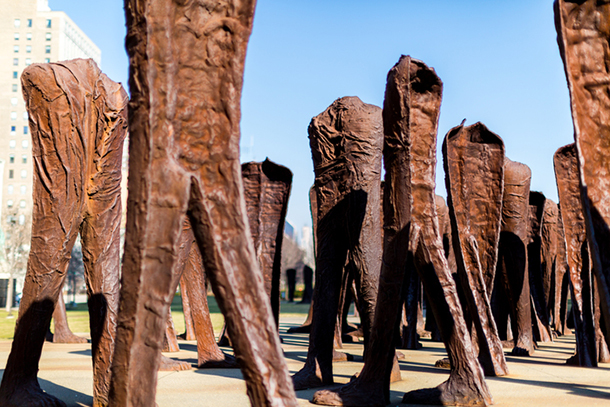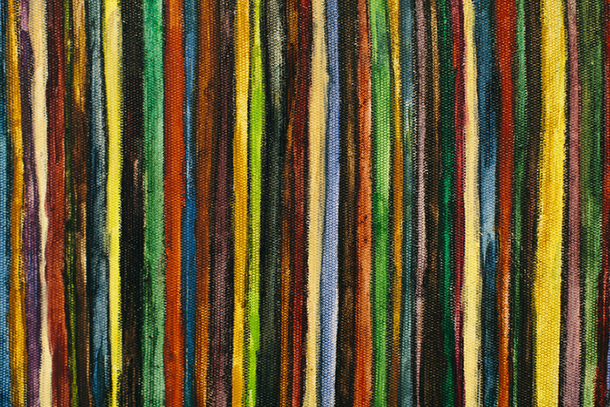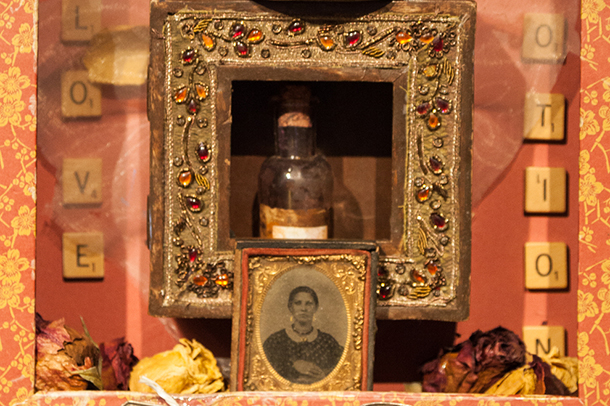Academic Diversity, Equity, and Inclusion
 Photo: Phil Dembinski '08.
Photo: Phil Dembinski '08.
Welcome to the website for Academic Diversity, Equity, and Inclusion (DEI) at Columbia College Chicago.
As a college, we are committed to an anti-racist campus that takes head-on the systemic issues of racial and other forms of discrimination that permeate the whole of our society. One of our central foci in the area of DEI is enhancing our curriculum to challenge the hegemonic emphasis on canonical cultural and artistic traditions, which often result in a lack of diverse narratives. Along with our engagement with curriculum, we are committed to addressing issues of power and privilege in each of the disciplines we teach as well as all of the various structures that we use to support our students, faculty, and staff.
Learn more about the Academic DEI mission.
LAND ACKNOWLEDGEMENT
We collectively acknowledge that Columbia College Chicago occupies the stolen ancestral, traditional, and contemporary Lands of the Anishinaabeg—Three Fires Confederacy of the Ojibwe, Odawa, and Potawatomi, as well as the Miami, Menominee, Ho-Chunk, Illinois, Sac and Fox nations. Although the state of Illinois has no federally recognized tribal lands, we acknowledge, support, and advocate for the sovereignty of all Indian nations, for the historic Indigenous communities in Illinois, for Indigenous individuals and communities who live in the Chicagoland area, and for those who were forcibly removed from their Homelands. By offering this Land Acknowledgment, we reaffirm our College’s Diversity, Equity, and Inclusion Mission statement, affirm Indigenous sovereignty, and will hold Columbia College Chicago more accountable to the needs of American Indian and Indigenous peoples.



